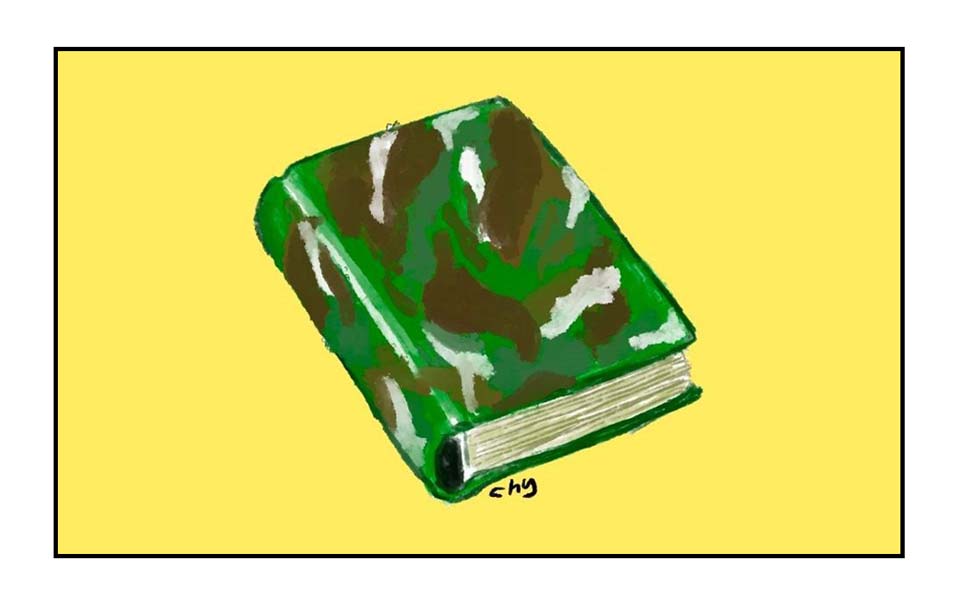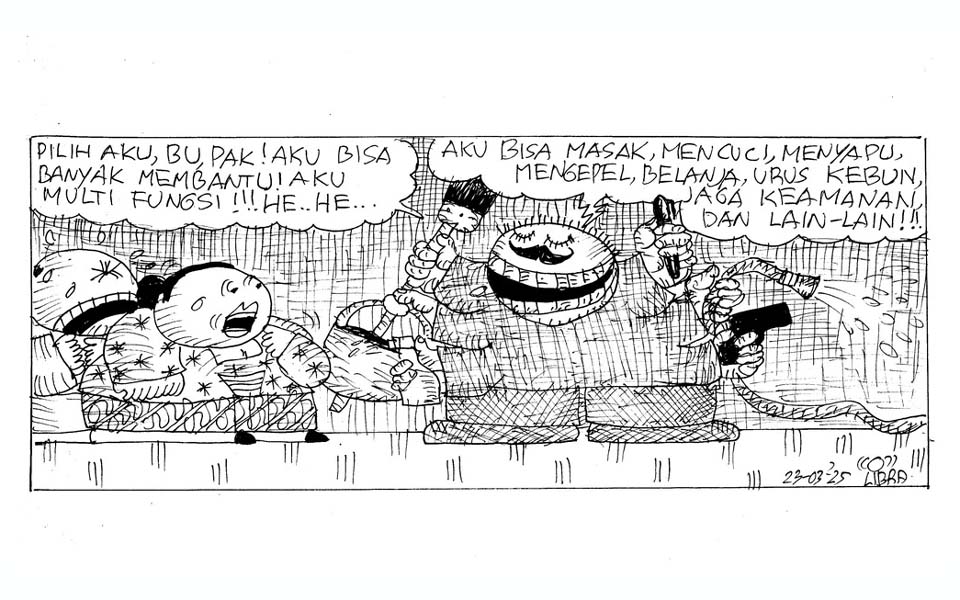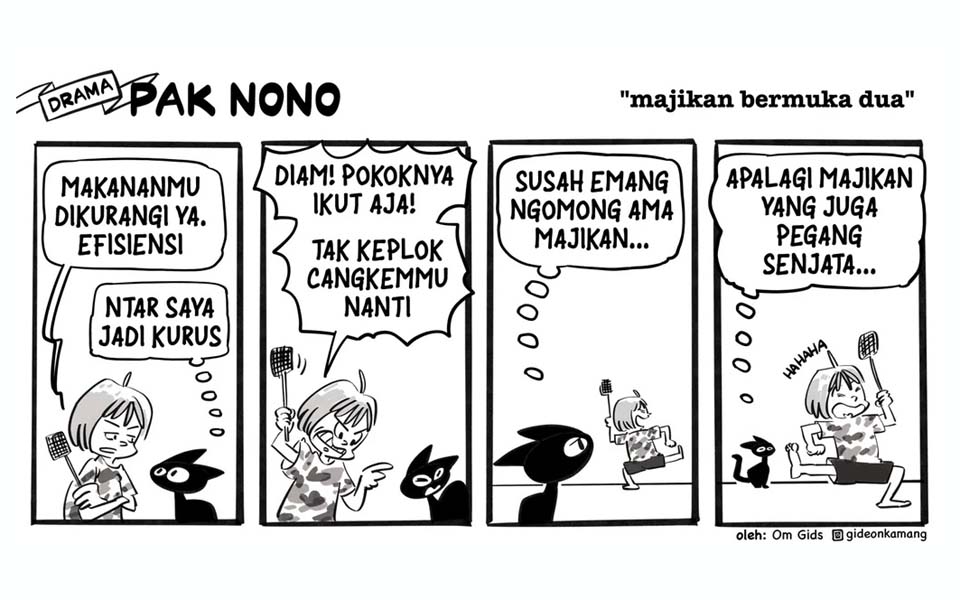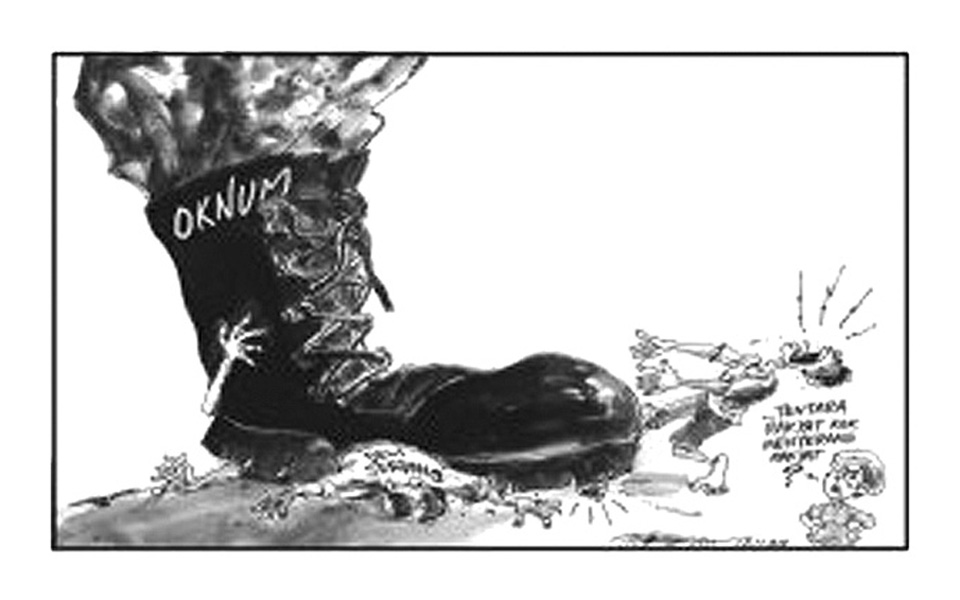
[From an oped piece by Indonesian Human Rights Watch (Imparsial) Director Gufron Mabruri titled "Criticising Revisions to the TNI Law".]
As a civilian authority, the House of Representatives (DPR) should examine the public criticism and opposition that has developed, especially with regard to proposed revisions that are feared could see the return of ABRI's (the Armed Forces, now called TNI) dual socio-political role or dwi-fungsi.
It is important to note, the reform of the TNI is one of the agenda items of political reform (read: democratisation) that has been pursued in Indonesia following the fall of former president Suharto's New Order authoritarian regime.
The aim of carrying out this agenda is to encourage reform and a rearrangement of defence-security actors within the framework of a democratic constitutional system. And, one of the crucial agendas items is restoring the function of the TNI as a national defence tool.
Under the democratic political system, the regulation of the institution, function and basic tasks of the TNI is required to submit to the principles of civilian supremacy, the rule of law and guarantee respect for human rights.
Therefore, the spirit of the proposed revisions to the TNI Law should not be positioned to normalise wrong policies and reverse the reform of the TNI.
Criticism of the TNI draft law
If we look at proposed revisions in the Draft Law on the TNI (RUU TNI) according to the DPR's Legislative Body's (Baleg) version, the criticism and concerns that have developed among the public seem to have been ignored.
There are two proposed crucial changes in the bill, namely the placement of TNI soldiers in civilian posts and increasing the retirement age limit. Although it seems minimalist, the two proposals are actually very problematic and have the potential to seriously impact on the reform of the TNI.
First is the expansion of positions in ministries and state institutions that can be occupied by active TNI soldiers. This can be seen in the proposed changes to Article 47 Paragraph (2) through the addition of the phrase "along with other ministries/institutions that require the service of active soldiers in accordance with presidential policy".
The addition of this, the phrase is dangerous because it can be widely interpreted as providing space so active TNI soldiers can be placed in civil positions not limited to 10 ministries and institutions regulated under the current TNI Law.
In other words, the president in the future can make policies that open the way for the placement of active TNI soldiers in other ministries and other civilian institutions.
Aside from this, the addition of this phrase is also nothing more than a move to legalise policies that have been wrong up until now, namely the many of active TNI members who already occupy civilian positions, such as in the National Disaster Management Agency (BNPB), the Ministry of Energy and Mineral Resources (ESDM) and even in state-owned enterprises (BUMN).
If these proposed revisions are accommodated, in the future there will be many more civilian positions occupied by active TNI soldiers. In principle, the placement of active TNI soldiers in civilian positions is not in line with and is contrary to the framework of military organisation in a democratic country.
The main functions and duties of the military should be focused on being a tool of national defence in accordance with the nature of an existing military that is educated, trained and prepared for war.
Therefore, military placement outside this function is not only wrong, but will also weaken professionalism because they will be preoccupied with matters of non-defence. Military professionalism should be built by means of placing the military in its original function as a means of national defence and not placing soldiers in functions and position outside of their competence...
The full article in Bahasa Indonesia can be read here: https://www.kompas.id/baca/opini/2024/06/19/mengkritisi-revisi-uu-tni










